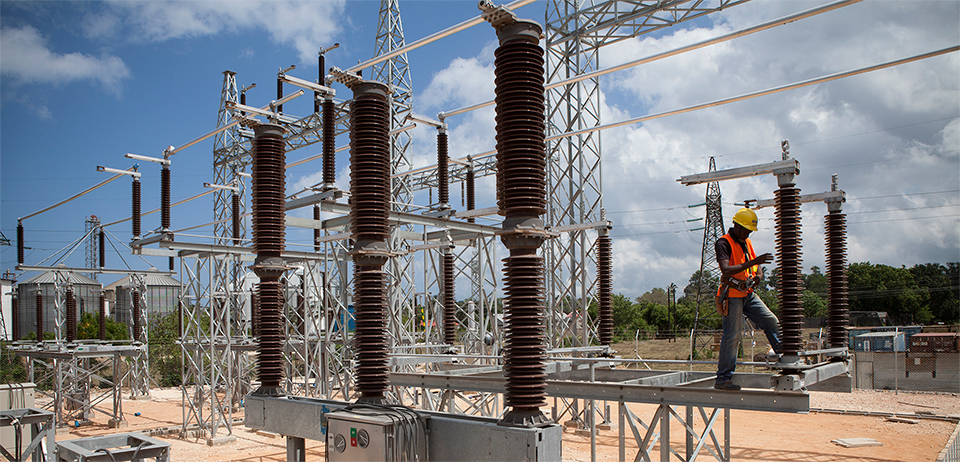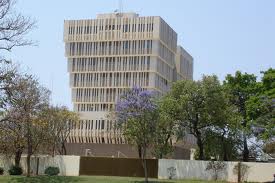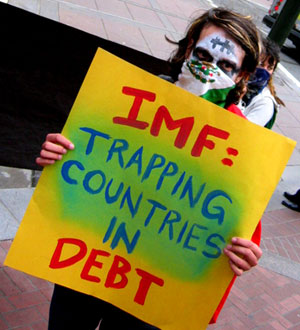As power outages take center stage across the country with business players shouldering huge cost, Malawians have asked President Professor Arthur Peter Mutharika to declare the problem as a national crisis.
Recently Malawi has experienced a sharp increase in power outages making it had for small scale business players such as those who run barbershops to find it had to find their earns meat.
The problem has not spared churches in the country with latest being the blackout that happened at Bingu National Stadium in the capital Lilongwe where the Seventh Day Adventist (SDA) church was having the one month long crusade.
The blackout also affected the country’s vice President Dr. Saulos Chilima and his wife Mary who attended the church service.
In his speech, Chilima expressed shock over the blackout and he described it as embarrassing.
“Ndithokoze a SDA pokonza mapepherowa ngakhale ena atipanga chipongwe,” said Chilima while referring to the blackout by Electricity Supply Corporation of Malawi (ESCOM).
And this week, published reports indicate that the country is experiencing a shortage in cement as local companies are failing to manufacture enough cement due to power outages.
The development has also affected the construction industry due to the scarcity of the cement. Some companies have resorted in importing the cement from Zambia.
Random interviews conducted by Faceofmalawi reporter in the commercial capital Blantyre revealed that that the current frequent power outages are leading to great loses among most business players in Malawi.
“The government of Malawi is too boring. Zoona everyday blackout sure! 95% of jobs + businesses in Malawi depends on electricity. Now if there’s shortage of electricity, how are we going to survive?what are we going to eat?umbav,kapena ukawalala ungathe choncho? Aaaa mwanyanya maningi,, Vyamutondani!,” said Samuel Kazinga Zgambo.
On his part, Christopher Banda, who runs a barber shop at Blantyre Market said he is equally affected by the problem of electricity outages taking place in the country saying he is finding it hard to support his family since his source of income is the barbershop.
“We come here hoping that we will make some money but most of the time we are just staying because of the blackouts. This is putting our families in danger. For your information, it’s hard for small business operators like us to use generators since fuel is expensive as compared to electricity,” he said.
Concurring with Banda’s remarks, Jonas James said: “The electricity blackouts problem in Malawi it’s a national crisis.”
Meanwhile ESCOM authorities have attributed the situation on low water levels unable to adequately contribute to its required electricity generation capacity.




